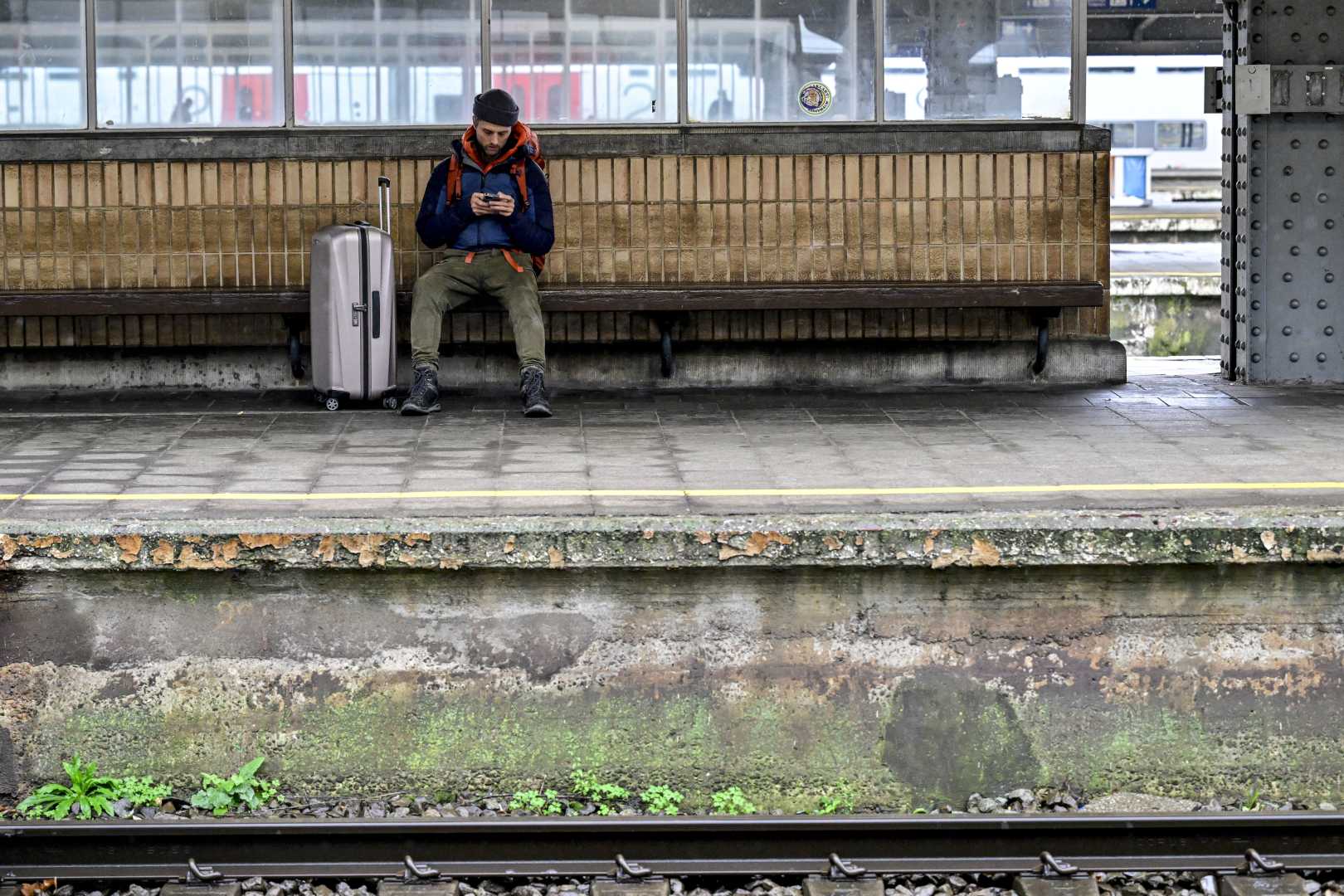News
Belgium Faces Major Disruption from Nationwide Strike Against Austerity Measures

Brussels, Belgium — Belgium is experiencing widespread disruptions as a three-day national strike initiated by unions unfolds this week. The strike began on Monday in response to Prime Minister Bart De Wever‘s austerity measures aimed at reducing the nation’s debt.
The ongoing strike has impacted public transport, schools, and healthcare services, as various sectors join in protest against reforms that union leaders claim threaten Belgium’s social safety nets. Teachers, medical staff, and even waste management workers are partaking in the rolling industrial action, which will culminate in a general strike on Wednesday.
Prime Minister De Wever, who has been in office since February, has proposed labor law changes and modifications to unemployment benefits and pensions as part of his fiscal strategy. His government hopes to lower Belgium’s budget deficit, currently at 4.5% of GDP, and to tackle its debt, which exceeds 104% of GDP.
Eurostar and Belgium’s two main airports, Brussels-Zaventem and Charleroi, have announced major flight cancellations due to the strike. Departing flights will cease on Wednesday, with potential impacts on incoming flights as well.
The unions have called this strike a necessary response to what they label as growing contempt from the government towards public concerns. They argue that De Wever’s budget cuts, along with new tax proposals on wealth and digital activities, unfairly target working households while leaving wealthier individuals unaffected.
More than two weeks ago, unions organized a demonstration in Brussels that they claim was largely ignored by the government. They are utilizing this strike to press for fair pensions, increased taxes on wealthy corporations, and greater transparency in government subsidies.
The strike’s momentum continues as public transport in Brussels faces severe reductions with fewer buses and trams operational. The City of Brussels has warned of disrupted services across public transport systems throughout the strike period.
As the protests gain traction, both union leaders and the government are assessing the implications of these reforms and their impact on daily life. The unions remain steadfast, suggesting that if their demands are not met, further actions may follow beyond this three-day strike.












